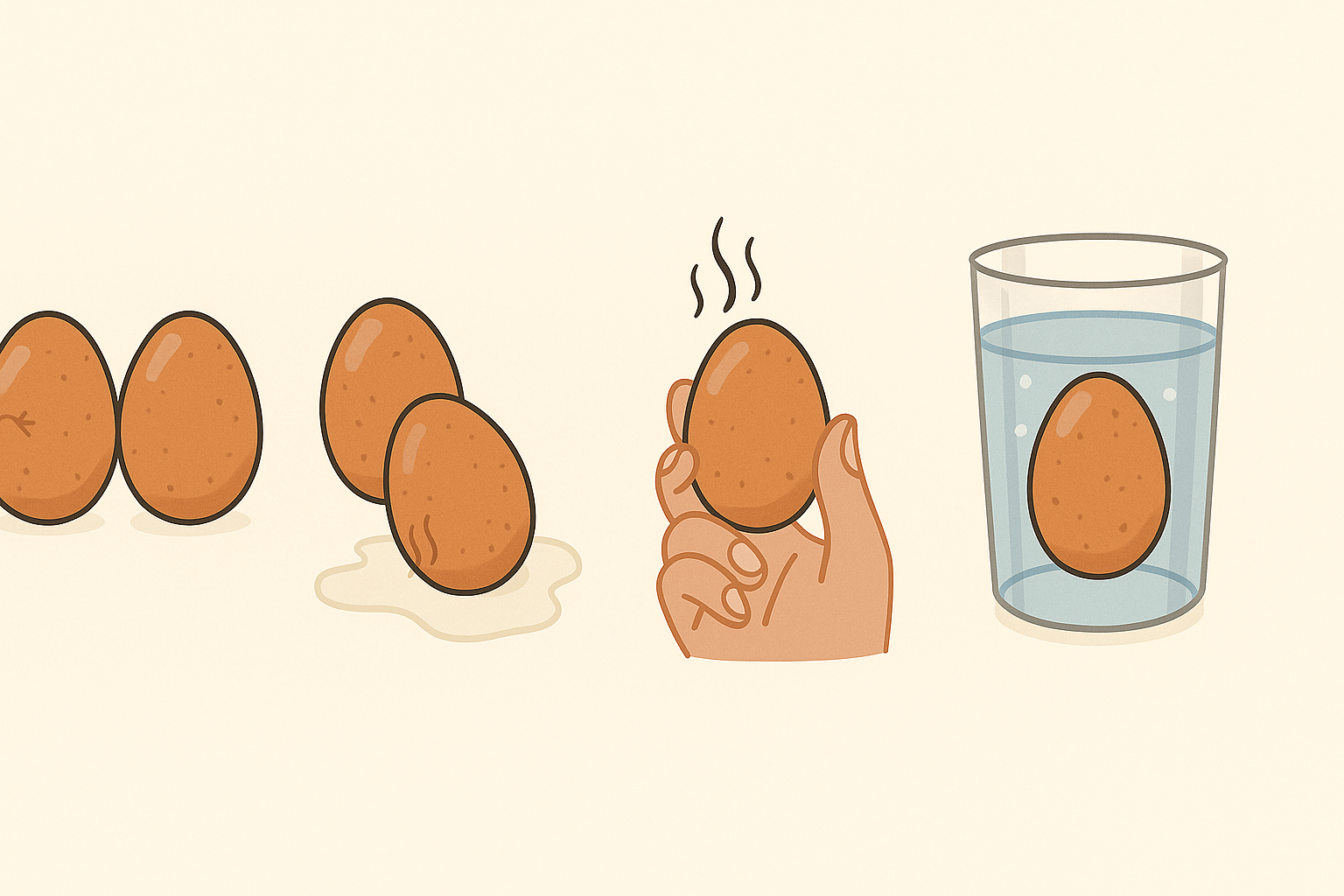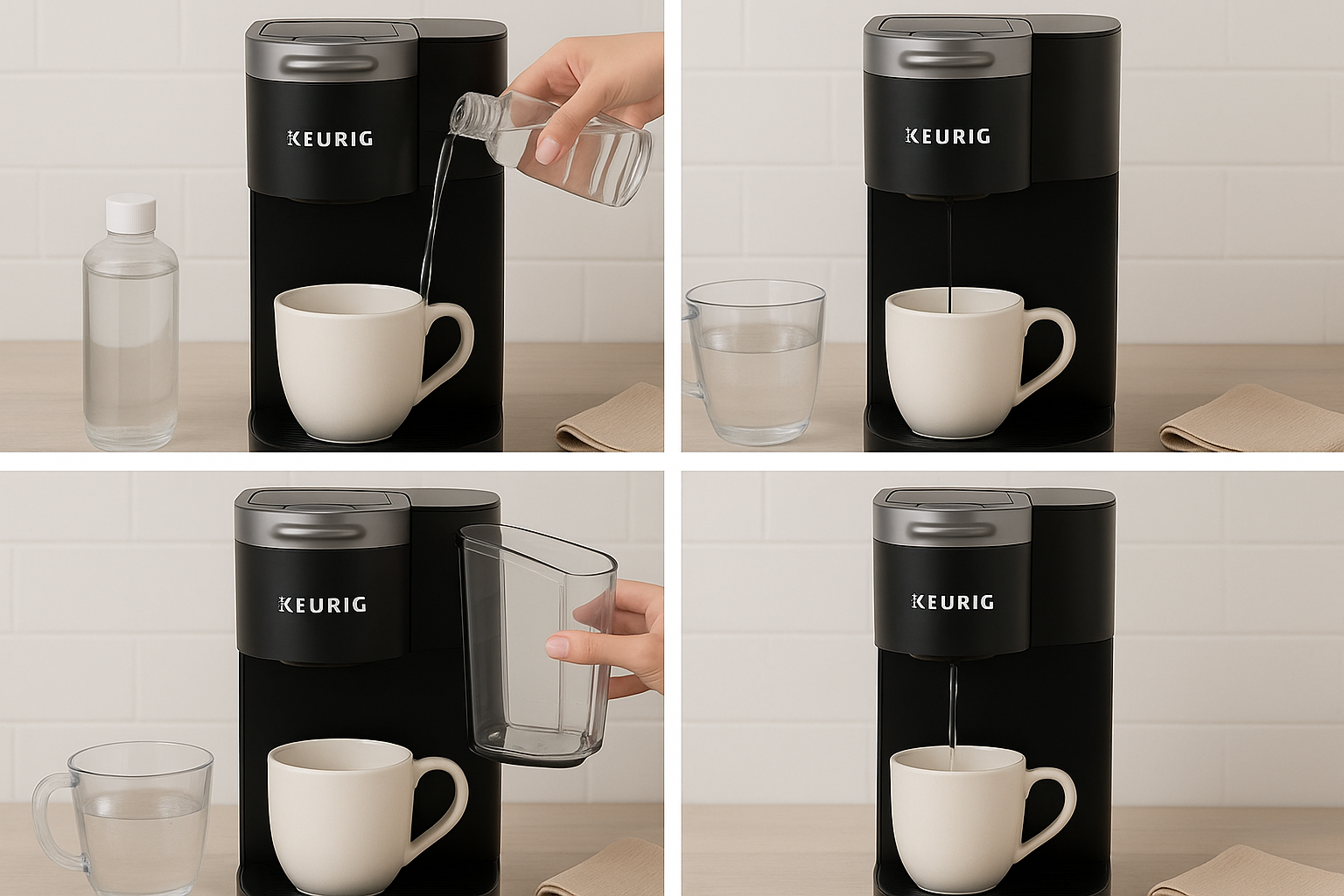r.
What Is Colon Cancer?
Colon cancer, also known as colorectal cancer, starts in the large intestine (colon) or rectum. It often begins as small, noncancerous polyps that can eventually become cancerous over time. According to the World Health Organization (WHO), colon cancer is among the most common cancers worldwide. Risk factors include age, genetics, sedentary lifestyle, smoking, alcohol, red meat, processed food—and, significantly, diet and the types of fat we consume.
The Connection Between Cooking Oil and Colon Cancer
The oil we use to cook our food can either help prevent or contribute to the development of colon cancer. Cooking oils are rich in fats, but the type of fat they contain makes all the difference.
1. Saturated Fats and Colon Cancer Risk
Saturated fats are mostly found in animal-based oils and some tropical oils like:
- Butter
- Lard
- Palm oil
- Coconut oil (partially saturated)
Studies show that diets high in saturated fat are associated with an increased risk of colon cancer. Saturated fat can cause inflammation in the colon lining, which over time can lead to DNA damage and cancer cell growth. Moreover, high-fat diets may alter gut microbiota in ways that promote tumor development.
2. Trans Fats: The Worst Offenders
Trans fats are artificially created through a process called hydrogenation and are often found in:
- Margarine
- Some commercial frying oils
- Packaged snacks and baked goods
Multiple studies have confirmed that trans fats increase the risk of various cancers, including colon cancer. These fats cause oxidative stress, inflammation, and even interfere with the immune system’s ability to detect cancerous cells.
3. Polyunsaturated Fats: The Double-Edged Sword
Polyunsaturated fats (PUFAs) are found in oils like:
- Corn oil
- Sunflower oil
- Soybean oil
- Cottonseed oil
While some PUFAs like omega-3 fatty acids are beneficial, an excess of omega-6 fatty acids—commonly found in many refined vegetable oils—can promote inflammation when not balanced with omega-3s. Chronic inflammation is a known factor in the development of colon cancer. So, while not all PUFAs are bad, an imbalance in the omega-6 to omega-3 ratio is concerning.
The Healthier Choices: Oils That May Help Prevent Colon Cancer
1. Olive Oil
Extra virgin olive oil is rich in monounsaturated fats and antioxidants like polyphenols. Research suggests that olive oil may have protective effects against colon cancer by:
- Reducing inflammation
- Improving gut microbiota
- Preventing DNA damage
Mediterranean diets, which heavily feature olive oil, are associated with lower rates of colon and other gastrointestinal cancers.
2. Avocado Oil
Like olive oil, avocado oil is high in monounsaturated fats and antioxidants. It has a high smoke point, making it ideal for cooking, and supports colon health through anti-inflammatory properties.
3. Flaxseed Oil
Flaxseed oil contains omega-3 fatty acids, especially alpha-linolenic acid (ALA), which has anti-inflammatory effects. While it is not suitable for high-heat cooking, adding it to salads or smoothies can provide colon-protective benefits.
4. Walnut and Canola Oil
Both are sources of omega-3s. Canola oil has a relatively good balance of omega-6 to omega-3 fatty acids and is generally considered better than other vegetable oils for reducing inflammation.
The Role of Heat and Reusing Oil
It’s not just the type of oil, but how we use it that matters. Heating oil repeatedly or to very high temperatures can generate harmful compounds such as acrylamide, free radicals, and polycyclic aromatic hydrocarbons (PAHs), which are all linked to increased cancer risk.
Avoid These Practices:
- Reusing frying oil multiple times
- Heating oil until it smokes
- Using non-refined oils for deep frying
Better Practices:
- Use oils with a high smoke point for frying (like avocado or refined olive oil)
- Use cold-pressed oils for raw uses
- Store oil in dark containers to avoid oxidation
Tips to Reduce Colon Cancer Risk Through Cooking Oil and Diet
- Choose oils rich in monounsaturated and omega-3 fats: Prioritize olive, avocado, and flaxseed oils.
- Limit oils high in saturated and trans fats: Avoid margarine, lard, and processed foods.
- Avoid overheating oils: Stick to smoke point guidelines and avoid reusing oil.
- Balance your omega-6 and omega-3 intake: Avoid an over-reliance on corn, sunflower, and soybean oils.
- Eat fiber-rich foods: Whole grains, fruits, and vegetables help clean the colon and reduce inflammation.
- Include cancer-fighting foods: Broccoli, turmeric, garlic, and berries have compounds known to help fight colon cancer.
- Exercise regularly and avoid smoking: These lifestyle choices amplify the benefits of a healthy diet.







Leave a Reply